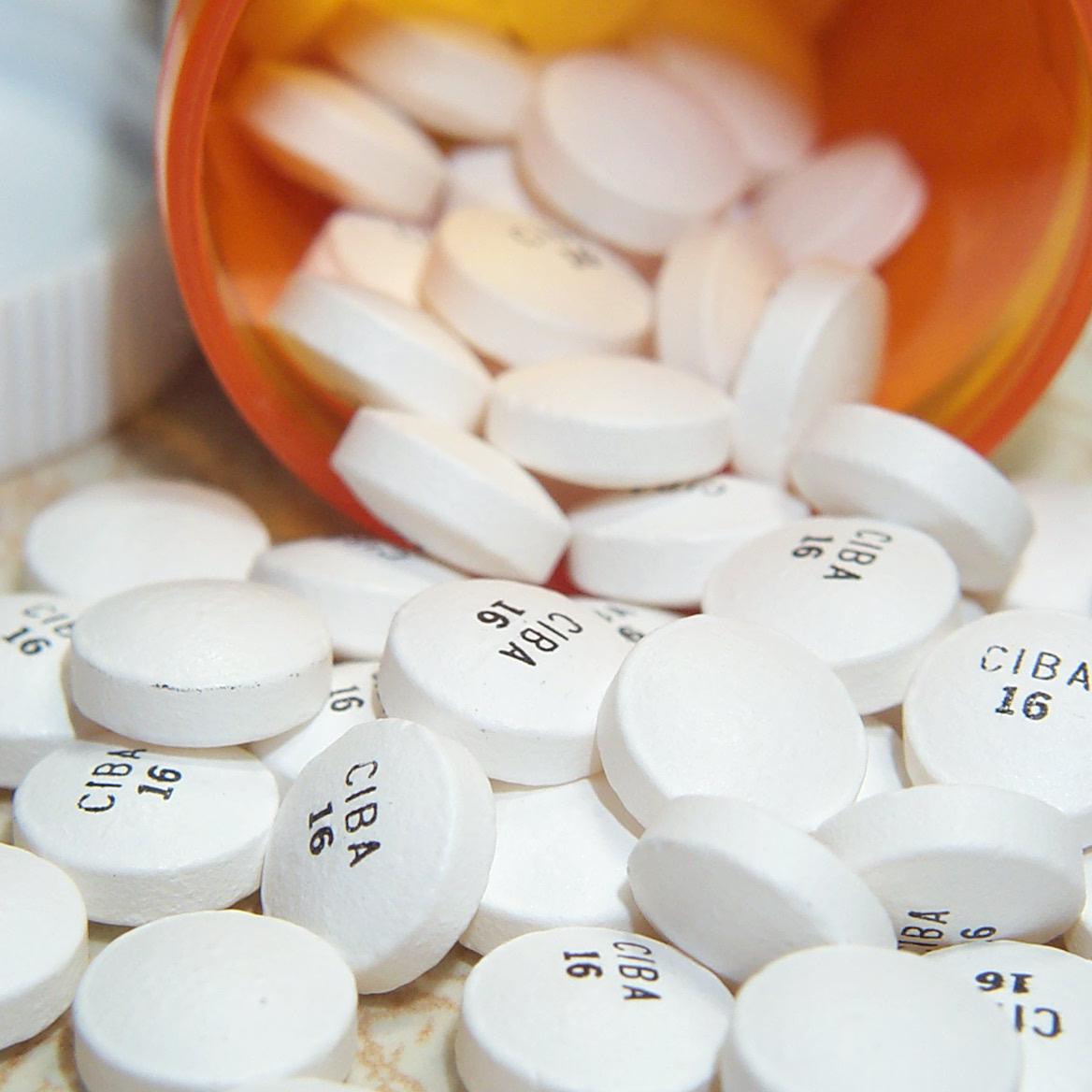
Regulation of therapeutic goods
The regulation of therapeutic goods, defined as drugs and therapeutic devices, varies by jurisdiction. In some countries, such as the United States, they are regulated at the national level by a single agency. In other jurisdictions they are regulated at the state level, or at both state and national levels by various bodies, as in Australia.
For laws prohibiting other drugs, see Prohibition of drugs.The role of therapeutic goods regulation is designed mainly to protect the health and safety of the population. Regulation is aimed at ensuring the safety, quality, and efficacy of the therapeutic goods which are covered under the scope of the regulation. In most jurisdictions, therapeutic goods must be registered before they are allowed to be sold. There is usually some degree of restriction on the availability of certain therapeutic goods, depending on their risk to consumers.